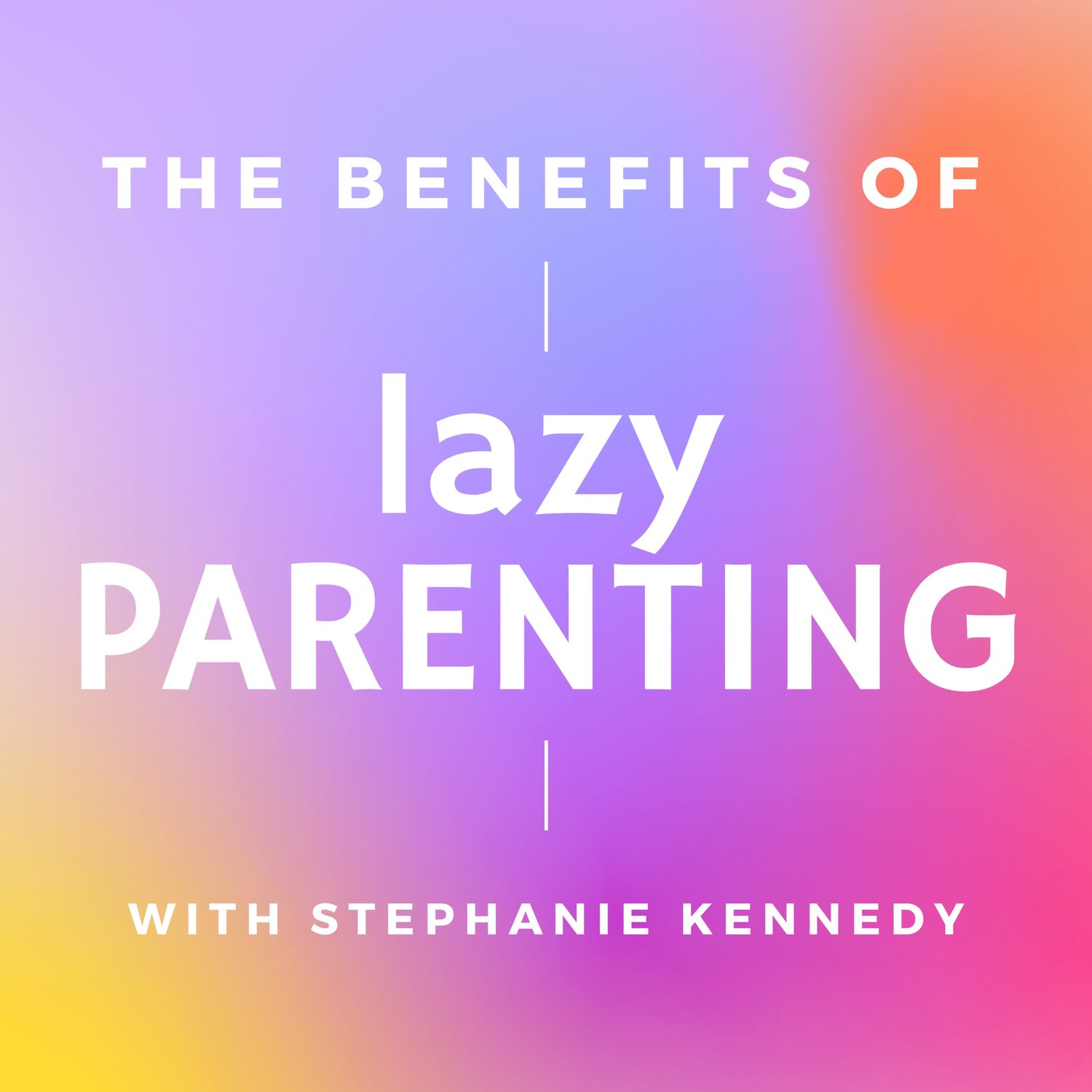Parenting The Strong Willed Child - Part 2
PART 2 of my top TEN tips or parenting strong-willed children to help them become self-disciplined, responsible, considerate — and most important, discerning! We must teach our children how to figure out who to trust and when it is OK to be influenced by someone else.
6. Don’t Be Confrontational.
When we use force, there will ALWAYS be push-back. This is true in all our relationships! When we take a hard and quick position on something, we will push our children into defying us, just to prove a point. Remember that our children want power. Power over making their own decisions based on what they think is best. How do you know you are in the midst of a power struggle with your child? Ask yourself if you are invested in ‘winning’. Seriously, are you more concerned about whether you ‘win’ the argument you are having or in coming to a resolution that works for both of you? Can you take a step back and say “OK, this you can decide for yourself.” If they can’t, what part of it can they? Or find another way to give them autonomy without risking their safety or health.
7. Let Them Save Face.
You don’t always have to be right. Sidestep a power struggle and avoid trying to break your child’s will or forcing them to your way of thinking. Yes, we have rules and expectations and while they may have to do what we say, they are allowed to not like it or agree with it. We want to encourage our children to have their own thoughts and feelings but also understand that there are rules and laws in the world that we all have to abide by.
8. Listen. Listen. And Listen Some More.
Oftentimes as the parent, we think we know best. But a strong-willed child will also have a strong opinion often based on their strong integrity of what is right and wrong. It is their viewpoint that is causing them to hold fast to their position. Often they are trying to protect something that is very important to them. It is only by listening calmly to them and reflecting back the words they are saying to us that we will understand where they are coming from and why they are opposing us. If they are resisting taking a bath that day, start with non-judgemental acknowledging and curiosity. “I hear you telling me you don’t want to take a bath, can you tell me more about why?” You may find out (as a friend once told me) that they’re afraid they will go down the drain like they read in a book! My friend would never have found that nugget of info out if she hadn’t have taken the time to ask her daughter why.
9. See It From Their Point of View.
Your child is mad because you promised to wash her princess dress and then forgot. To you, she is being unreasonable and over-reacting. To her, she is justifiably upset. You promised and broke that promise. She isn’t allowed to break promises to you! How do you clear this up and move on? Apologize. Sincerely. Understand why they are upset and reassure them that you try very hard to keep your promises. See if you can come up with a solution. Perhaps you can teach them how to wash so they can have autonomy and control over these things in their life. Empower them.
10. Discipline is NOT punishment.
We must always guide and direct our children with discipline based on our relationship with them. When you want your child to change course, think of how you can support them in doing so, rather than forcing them to do so. Strong-Willed children will never be FORCED to do anything. Trying to do so will just increase their resistance. They won’t allow themselves to back down because their integrity is too strong and they feel threatened. BUT, if you give them support and they feel connected to you and listened to, you can usually get them to agree to what you want. If they want to have a positive and loving relationship with us MORE than they want getting their way in the moment, they will cooperate with us. The more we fight with them, punish them, and undermine their wants, the less they feel connected to us. In the middle of a fight, their adrenaline is pumping and there is no learning that can happen. So, instead of trying to ‘teach’ in those emotional moments, take a breath and try to CONNECT with them. Help them express their hurt, their disappointment, their fear…so that later they will be more willing to listen to us when we take the time to explain that (for example) in our house we talk kindly to one another.
BONUS TIP - CONNECT CONNECT CONNECT!
Connection is 80% of parenting. Unless our kids feel connected to us, they won't accept our guidance, especially our strong-willed ones. I think about my own teenagers and how parenting them has, for the most part, been pretty painless. I believe this is because I have a strong connection with each of them based on mutual love and respect. They don’t want to disappoint me, not because I threaten them, but because they truly want to keep our relationship positive and strong. Connection will always be the most effective way to influence your strong-willed child.
Remember, that waving your finger in their face as you tell them to do something or else…will never work!” It suggests your child doesn’t have a choice and that almost always will guarantee that there is going to an argument. Strong willed children will never do something when they feel they are being ordered to do so.
So my advice taken from the Dali Lama is this:
"Be kind whenever possible. It is always possible."
